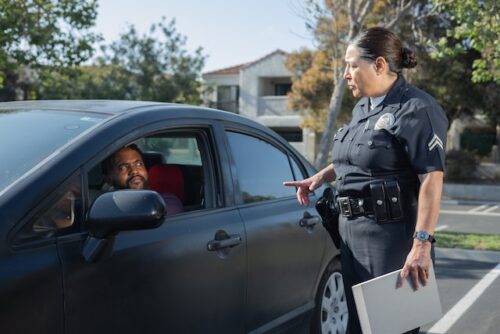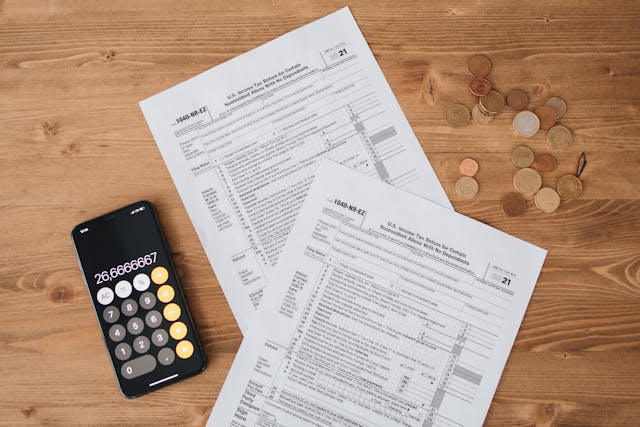
In New Jersey as in most states, drivers are required to comply with a chemical test, upon request from a police officer. The doctrine of implied consent regarding automobiles means that by simply using the road, you are giving consent to a chemical test. But does that implied consent extend to field sobriety tests in New Jersey, and what exactly is a field sobriety test? Keep reading to learn the answer and get in touch with a skilled Mercer County DUI Lawyer if you have been charged with driving while intoxicated.
What Are Field Sobriety Tests?
Field sobriety tests are physical tests administered by police when they suspect a driver is under the influence of drugs or alcohol. It has been argued that police request field sobriety tests when they have the suspicion of a DWI but fear lacking probable cause for arrest. If that is the situation you find yourself in, it may be that flawless performance won’t be sufficient to pass the test, as the police officer may have already decided to arrest you.
What Kinds of Field Sobriety Tests Are Approved by the NHTSA?
The National Highway Traffic Safety Administration has approved three field sobriety tests. There may be times when two other tests are used, but as of present, only the following three have the weight of a national agency to back up their claim of legitimacy.
The horizontal gaze nystagmus test involves the officer asking you to follow an object with your eye, such as a pen, while keeping your head still. The officer will be checking for any involuntary eye movement, as according to the test, that might indicate intoxication.
The walk-and-turn test involves walking in a straight line, placing one foot in front of the other heel-to-toe, turning around, and lastly walking nine more steps heel-to-toe.
The one-leg stand test requires the taker to stand one foot, the other raised 6 inches, and count out loud until instructed to stop.
Most likely, the prosecution in a DWI trial will argue that the most reasonable explanation for you or anyone else failing a field sobriety test is intoxication. A notable part of your defense may therefore consist of pointing out all the other plausible explanations, such as injuries, anxiety, or weather conditions.
Can I Be Forced to Take a Field Sobriety Test?
Nothing in New Jersey law requires you or anyone to accept a field sobriety test. Refusal of a breath test might bring legal consequences, but not a field sobriety test, or at least not in the very direct way as a chemical test would. Rather, if you refuse a field sobriety test, the officer may then request that you take a chemical test such as a breathalyzer test, and refusing that, as stated, can result in a fine and a license suspension.

